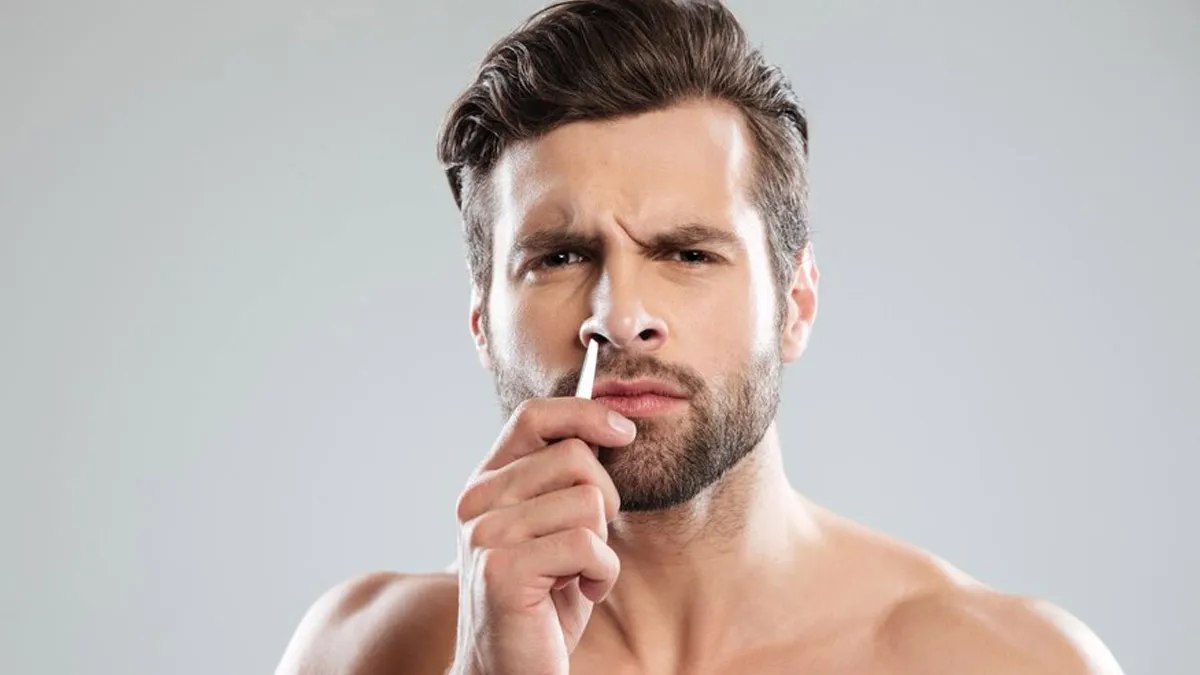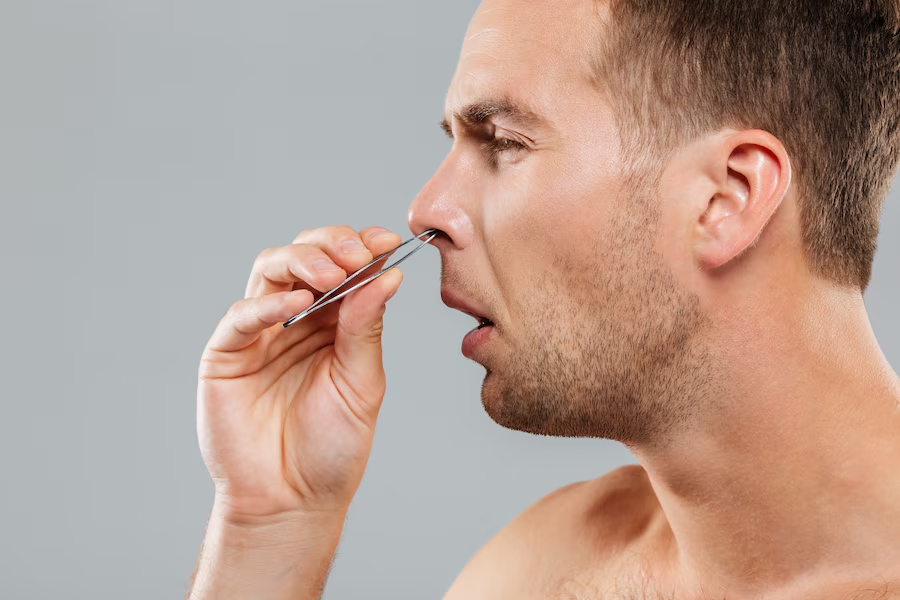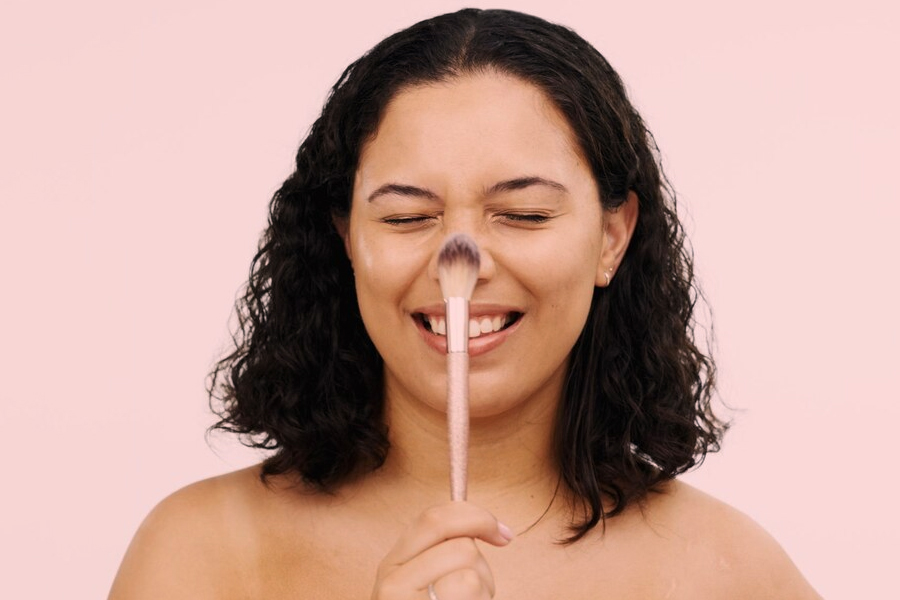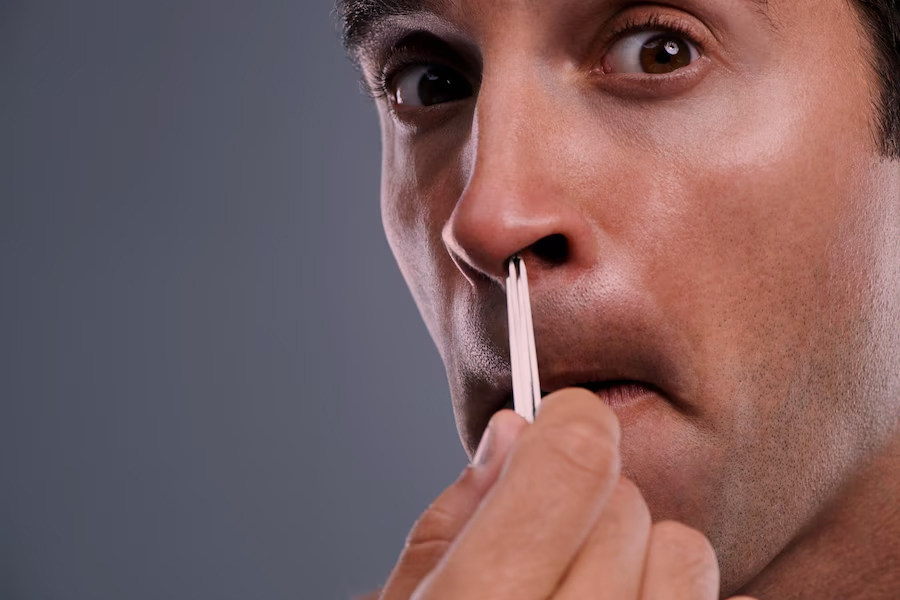
Did you know that nose hair is a part of the body's natural defence system? It can help keep harmful allergens and foreign objects at bay, avoiding infections and irritation, while ensuring good helth. However, for some people, nose hair can be a nuisance. Because they're sometimes long and visible, many individuals find them aesthetically unappealing and feel the need to get rid of them. But the question that you should be asking yourself is whether or not removing nasal hair is safe, and if you must, can it be done without any risks? Dr Sapna Kamalani, Consultant Dermatologist, Jupiter Hospital, Baner, Pune, shares insights on the same.
Table of Content:-
Also Read: Nose Hair Benefits: Why You Should Not Remove It
Nasal Hair Removal: Is It Safe?

“Nasal hair acts as a filter and blocks dust and allergens from passing through the nasal cavity,” says Dr Kamalani.
Nose hair is the first line of defence against foreign particles, preventing them from entering the nasal cavity and subsequently the respiratory system.
Hence, removing excess hair in the nostrils can allow more irritants and allergens to enter the nasal cavity and increase the risk of developing respiratory issues like asthma.
Additionally, the doctor shares that the nasal passages also contain something called cilia, which are microscopic hair-like structures that work with mucus to trap and remove debris, pathogens, and other foreign particles from the respiratory tract.
A study of 233 hay fever patients published in the International Archives of Allergy and Immunology found that asthma rates were 44.7% in the group that had little to no nasal hair, 26.2% in the group that had moderate nasal hair, and 16.7% in the group that had a lot of nasal hair. The study indicated that less nasal hair increased the risk of asthma in patients, compared to those with little nasal hair.
Additionally, removing nasal hair may also lead to other possible side effects like ingrown hair, increased infection risk, and nasal irritation.
How To Safely Manage Nasal Hair?

Dr Kamalani advises against plucking or waxing nasal hair. In fact, she recommends not removing nasal hair at all. However, if you must, safer alternatives include:
- Scissors with rounded tips
- Nasal hair trimmer
- Laser hair removal by a qualified dermatologist
Note: Laser hair removal carries a risk of burning the mucous membranes, the doctor warns.
Also Read: How To Keep Your Nose Clean Daily?
Tips To Maintain Nasal Hygiene

Nasal hygiene is extremely important, as it helps you breathe properly and also maintains respiratory health. Some of the ways to maintain nasal hygiene include:
- Nasal irrigation with normal saline; it flushes out the nasal cavity with saline to remove mucus, allergens, and irritants.
- Drinking at least 8 glasses of water a day
- Using a humidifier in a dry climate can add moisture to the air, thus preventing nasal dryness and congestion.
- Avoiding irritants such as cigarette smoke, strong perfumes, and chemicals.
- Steam inhalation to cleanse and moisturise the nasal passage
- Maintaining hand hygiene for preventing the spread of bacteria and viruses
- Limiting nasal decongestant sprays
- Managing allergies effectively by keeping windows closed during peak pollen seasons and using air purifiers
- Maintaining a clean environment to reduce exposure to dust, moulds, and other allergens
Conclusion
Nasal hair plays a vital role in protecting your respiratory system. It is the first line of defence for your body that keeps allergens, dust, and other foreign particles out of the system. However, if you are planning to remove it, take a more professional approach and avoid removing all of the hair. Trimming the visible ends can be a more effective way to look presentable as well as keep your nasal cavity protected. If you have any questions or doubts, consult an expert.
Also watch this video
How we keep this article up to date:
We work with experts and keep a close eye on the latest in health and wellness. Whenever there is a new research or helpful information, we update our articles with accurate and useful advice.
Current Version